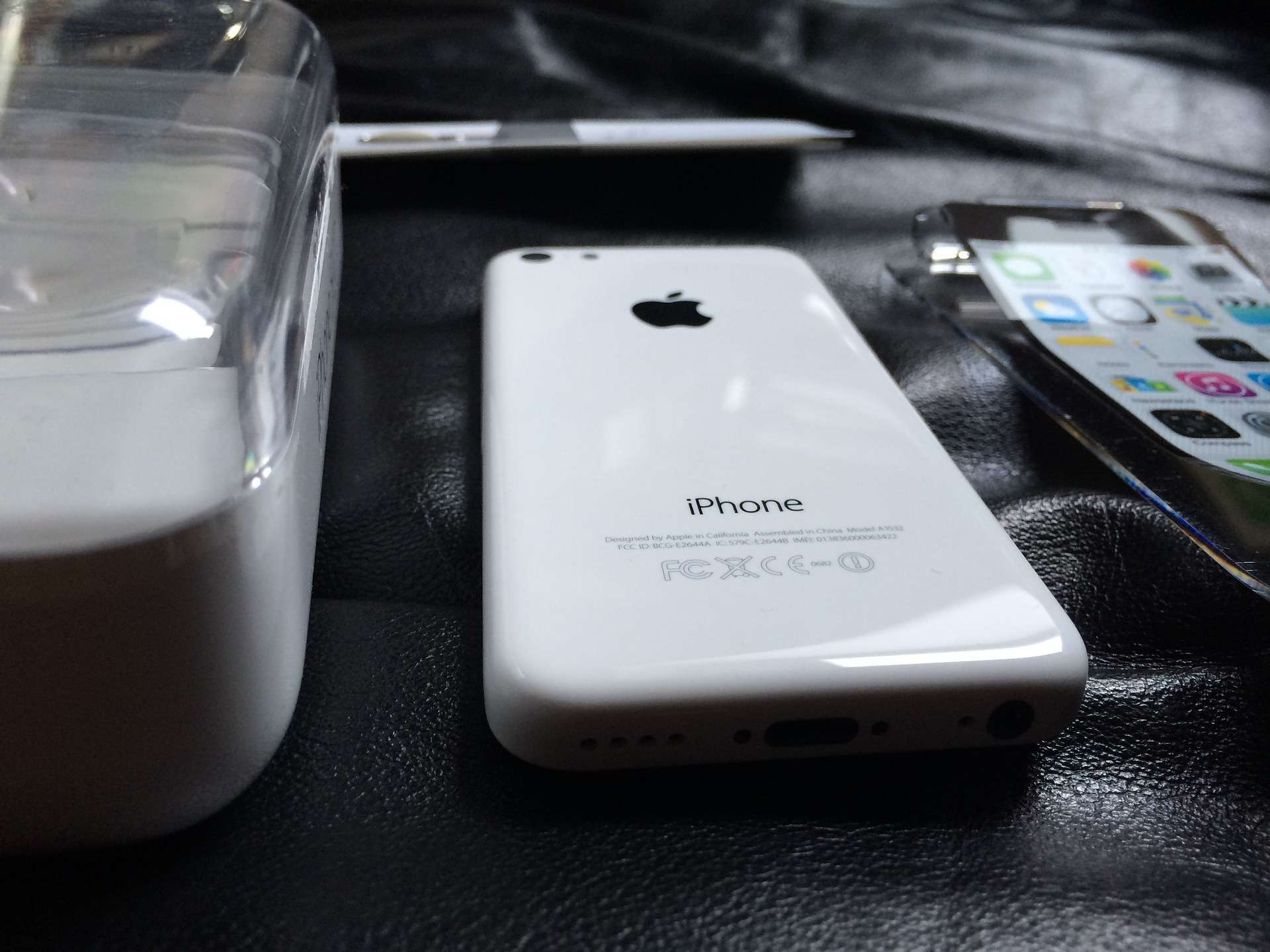In a Congressional hearing today that included both Apple’s chief attorney and government officials, FBI head James Comey didn’t win many people over to his side.
The meeting allowed both sides to make their arguments for and against Apple creating a less secure version of the iPhone’s operating system that would allow officials to get by the password lock on a dead terrorist’s phone. And things seemed to go squarely in the company’s favor, although it was not without its caveats.
This hearing was the latest development in a series of legal battles that have had Apple squaring off with law enforcement to protect their devices’ encryption schemes. While the FBI has claimed that it would only use the modified operating system on this one phone in this one case, Apple has said that even creating the software would compromise the security of hundreds of millions of devices. And an apparent win for Apple in front of Congress and another ruling in its favor on another case suggests that privacy is winning out over security.
Comey claimed that it was counterproductive for companies to create security that they themselves couldn’t crack and compared such measures to “vicious guard dogs.” He also claimed that device makers were creating “warrant-free spaces” that could stifle law enforcement investigations.
“The logic of encryption will bring us to a place in the not-too-distant future where all of our conversations and all our papers and effects are entirely private,” he said, as if that were a bad thing.
Once he got over some technical difficulties at the start, Apple’s general counsel Bruce Sewell accused investigators of trying to bypass the debate over encryption and public safety. Apple has repeatedly said that it wants the legislature, not the judiciary, to have the final say in this matter.
Congressman James Sensenbrenner, whose criticism of the NSA’s surveillance actions make him no stranger to the privacy debate, told Sewell that he’s “not going to like what comes out of Congress” if it reaches that point.
But Comey’s testimony — and Congress’ questioning of it — provided the most insight into the case. Representatives picked apart the FBI director’s claims one at a time, getting Comey to admit that changing the iPhone’s iCloud password was part of the reason the government had to make increasing demands on Apple, as well as the possible legal ramifications that could have officials in China or Russia also asking Apple to provide backdoor access to their devices.


